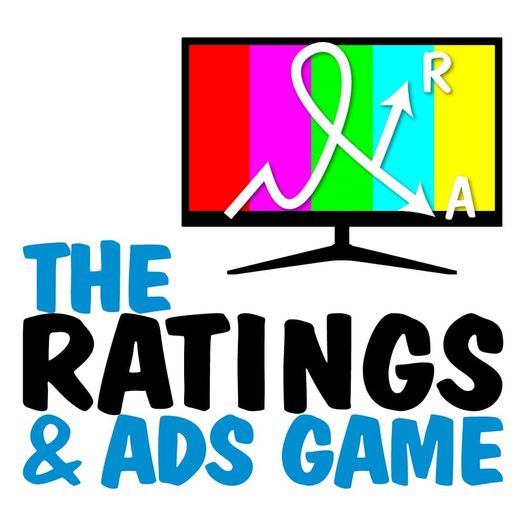The link found in the daily newsletter Media, Tech & Entertainment News was intriguing: “Inside TV’s Terrible, Horrible, No Good, Very Bad Upfront,” Variety.
The article in the venerable publication that used be referred to as “The Bible” (and now, after this scathing story could be renamed “The Babble”) described, in exactly 1,767 words, that the 2020-2021 U.S. “Upfront volume in primetime, among five English-speaking broadcast networks” was down as much as 20 percent compared to last year.
According to the unflattering and misleading piece, ABC, CBS, Fox, NBC, and the CW have only secured between $8.2 and $9.8 billion for their 2020-2021 primetime schedules.
But reading between the lines one realizes that the Upfront volume in 2020 was better than 2017 and 2018. The Upfront volume in 2017 was reported to be between $8.78 and $9.62 billion. While the 2020 figures are said to be estimates, one must assume that those of the previous years are actual. The “terrible” and “horrible” current volume comes about because it is being compared to 2018 (when numbers reached $10.6 billion) and 2019 (when they reached 10.8 billion).
However, if cost of programming is taken into consideration, one could easily say that the profit that the networks raked in during the 2020 Upfront market is much higher than that of any previous year, since programming costs were way down without live and taped shows or new series.
In its quest to show that a doomsday scenario is upon us, the publication even downplayed a positive quote from Brian Roberts, CEO of Comcast, which owns NBC. He said that the Upfronts showed “a mix of stronger demand than many people have estimated just a few months ago.” He went on to say that he sees “really good signs for both the third and fourth quarter.”
Later in the story, the publication even acknowledged that “many networks are looking forward to better times ahead. Several held back Upfront inventory so it can be sold in the scatter market, when inventory is purchased closer to the date it airs and is often sold at a premium.” Indeed, speaking to investors, Fox Corporation CEO Lachlan Murdoch said that the company held back five percent or more commercial inventory than usual in the hopes of getting better prices for it later in the cycle.












Leave A Comment